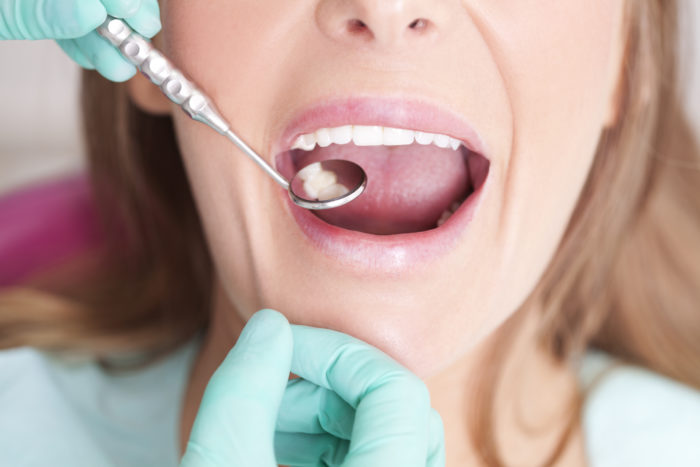Dental fillings are used to treat cavities or holes in the teeth that are created by bacteria. Bacteria is always present in our mouths, but when they eat on sugars and food particles left in our mouth, they create acids that wear down the tooth enamel. Cavities expose the tissues inside the teeth and can lead to tooth sensitivity. Dr. Stephen Hoard can remove infected tissue within a cavity and seal the tooth with a dental filling. Learn more about the signs of tooth infection as well as the ins and outs of dental filling treatment below.

Signs of Tooth Decay and Cavities
Common signs that you have a tooth cavity or dental infection include:
- Dull or sharp pain in the mouth
- Pain when biting or chewing
- Sensitivity to hot or cold foods and drinks
- Dark spots or areas on your front teeth
- Chipped off parts of your teeth
- Holes where food gets stuck
Please contact our New Bern, NC dental office if you have any of these symptoms. We want to help you treat pain and sensitivity quickly before further dental problems develop.
Dental Filling Treatment
During dental filling treatment, we use a composite that is soft when applied but hardens when it is cured. This composite chemically bonds to your tooth when we use UV light. This treatment UV light does not require any downtime, so you can return to your daily activities following your appointment.
Following treatment, some patients may experience some mild sensitivity in their filled tooth. However, this normally subsides after 48 hours. You can return to eating, drinking, and speaking normally after treatment. Remember to schedule regular appointments and annual x-rays so that we can help you maintain the health of your filling.
How to Prevent Cavities
Your at-home oral hygiene regimen ultimately plays a large part in preventing cavities and tooth and gum infections. We can perform preventive measures such as sealants or fluoride treatments, but your oral health routine will determine whether you get cavities. Brush twice a day and floss every day (and even after meals) to prevent cavities and tooth decay from developing.
